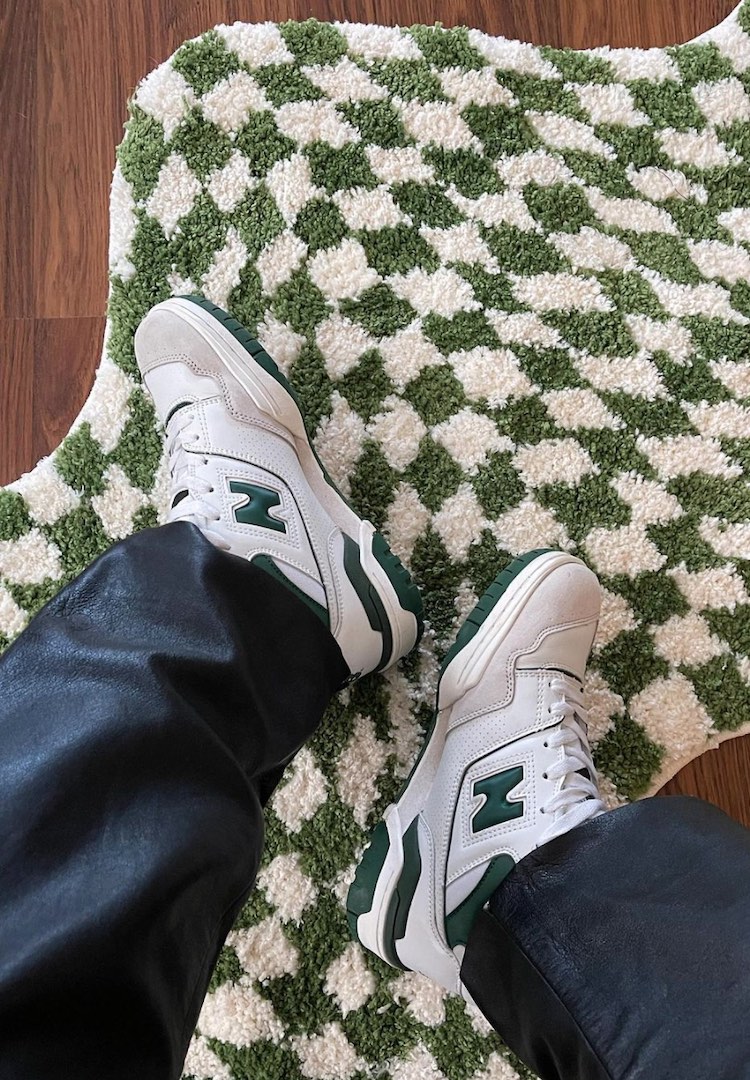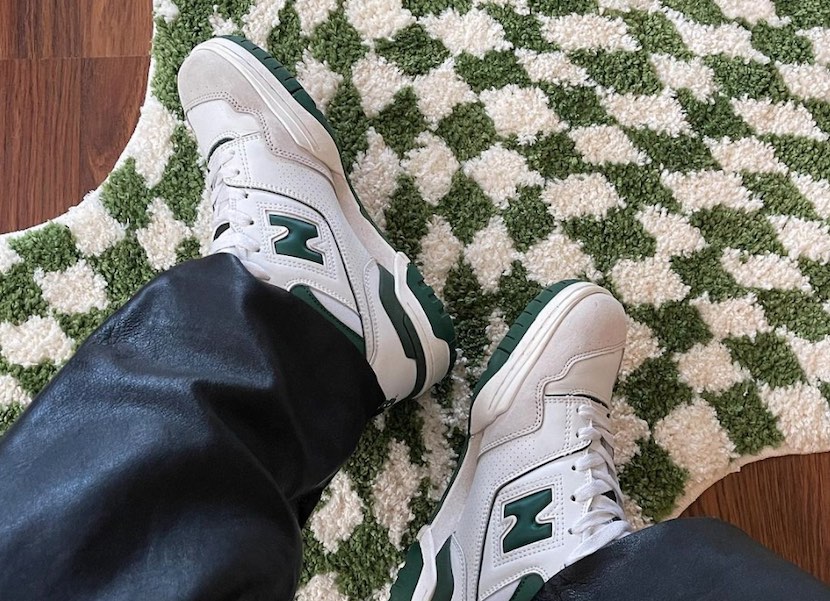Can I claim my wardrobe as a tax deduction?
IMAGE VIA @zigs_mom/INSTAGRAM
WORDS BY HANNAH COLE
It’s tax time.
Editor’s note: The information below is of a general nature and doesn’t constitute financial advice. For tax-time assistance, seek out a qualified accountant or tax expert.
As I type out the word ‘tax’, I can already hear the collective groans nationwide. Yes, death and taxes are the only sure things in life – a terribly sad saying, in my opinion.
Without an accounting degree, navigating your tax return can be an utter minefield, particularly if you’re a freelancer or own a business. It feels like you have to be in the know to understand what you can claim a tax deduction on and there are so many numbers and receipts to keep track of.
For more content like this, tap through to our Life section.
Having spent much of my working life in an office, albeit toiling for companies without strict corporate dress codes, I’ve always wondered whether you can claim any of your work wardrobe on tax deductions. I spoke to Christina Hobbs, the CEO and co-founder of Verve, to finally put an end to the questioning.
Firstly, what tax deductions could I be missing out on?
As Christina tells me, Australia’s tax system “is a little complicated compared to other countries”, so there are likely benefits we’re missing out on. As a helpful guide, she suggests checking the ATO website, which offers great information for beginners in an easily navigable way. For those with simple tax returns, any burning questions should be satisfied.
In terms of tax deductions that are frequently looked over or forgotten, Christina offered a helpful list to keep in mind:
- The cost to prepare your tax return last year (if you used a tax agent).
- Income protection insurance premiums (if the policy is in your personal name and not within your superannuation fund).
- Professional development and self-education expenses, which might include short courses, formal study, or content-based education.
- Specific memberships or licenses you are required to hold in your role (to practice or join a union or industry body).
It’s important to note that any deducted expenses must be paid for with your own money (and not reimbursed by an employer) and are directly related to helping you earn an income. And keep the records proving these purchases for five years in case the ATO selects you for a random audit.
So, can I deduct my wardrobe expenses?
I spend a pretty penny on my wardrobe each year (although, let’s be honest, working from home has made me question where I will actually wear all these new and glamorous pieces). Although I expected it was coming, I was still saddened to hear that none of these very important purchases would make the cut come tax time. As Christina tells me, the eligibility to do so is quite restrictive.
“If we wear non-protective or ordinary clothing (such as jeans, shirts, skirts, shorts, trousers, socks, heels and closed shoes) that we would also be able to wear outside of work, then we cannot claim a tax deduction for them, even if our employer requires us to wear them or adhere to a specific dress code,” she explains.
You may only be eligible if you are required to wear a distinctive uniform that features your employer’s logo or occupation-specific pieces that wouldn’t be worn outside of work. For example, if you’re a police officer, medical professional or supermarket staff, some items may apply. Any protective clothing that’s worn to prevent injury or illness while undertaking work might also be acceptable, including steel-capped boots for tradies and non-slip shoes for nurses.
“Even if you work in a clothing store and are required to wear clothes from that store, you still can’t claim the cost of [the] clothing you purchased,” Christina mentions. As a general rule of thumb, “If you can wear the clothing outside of your workplace, then it’s unlikely that you’ll be able to claim the purchase, repair, and cleaning of them”.
According to the ATO website, you also can’t claim a deduction if your employer is the one buying, repairing, replacing and cleaning your work clothing, or if they reimburse you for expenses you incur on or for said work clothing.
So it appears claiming your latest dopamine-enhancing look is probably off the table. But, as always, make sure you ask a professional for advice on your particular situation.
For more on clothing-related tax deductions, try this.













